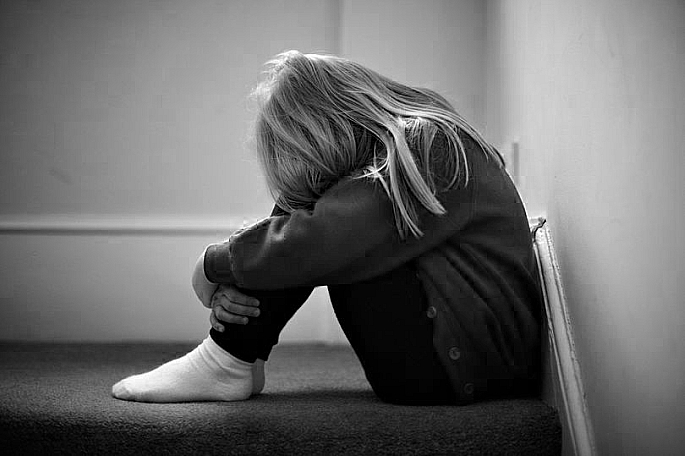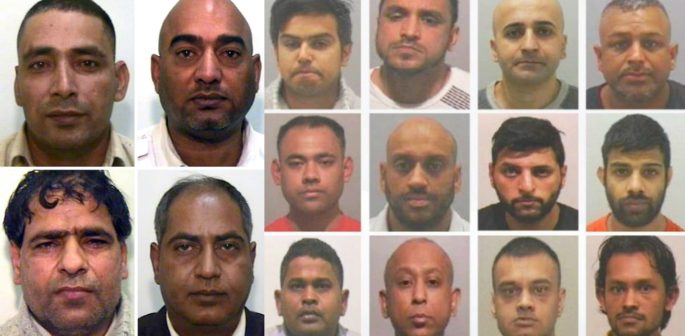"It's very important that we do talk about it because the problem won't go away."
A report, published by British Pakistani researchers, revealed that 84% of those convicted of crimes in grooming gangs since 2005 were Asian.
They found a difference in background and behaviour between these individuals and those in paedophile rings.
The Quilliam Foundation released their study on 10th December 2017.
For their research, they explored the statistics of the National Crime Agency’s Child Exploitation and Online Protection Command (CEOP) from 2012.
The latest findings showed that those from paedophile rings were 100% white. Meanwhile, 75% of those from grooming gangs were Asian.
The CEOP also categorised two types of child sex offenders:
- Type 1 ~ targets their victims based on vulnerability, grooming them in groups.
- Type 2 ~ targets minors for a specific sexual interest towards children, creating paedophile rings.
In addition, since 2005, 264 individuals received convictions for gang grooming. Quilliam Foundation found that within this number, 222 (or 84%) were Asian.
They also explain that white criminals would often act alone in their crimes. But those from Asian backgrounds tend to work together.
This research comes as police uncover a wave of groups in recent years. Locations such as Rochdale and Newcastle witnessed gangs, predominantly of British Pakistani men, generally target white, vulnerable girls and women.
As a result, many have raised questions over ethnicity and the offences. Some have even asked if this is a critical problem in the Pakistani community.
With the study’s new findings, this once again brings the issue into the spotlight. Co-author Haris Rafiq, who lives in Rochdale, explained its intentions to Sky News:
“I’m from the heart of where one of the biggest high profile cases have happened over the last few years, and I’m saying it’s very important that we do talk about it because the problem won’t go away.
“We didn’t want there to be a pattern of people from our ethnic demographic carrying out these attacks. But unfortunately we were proven wrong.”

Operations continue to tackle gangs, with London police revealing they believe they have exposed a new group. After four girls, aged between 13-15, reported separate allegations of rape in Newham, officers warn this type of abuse still runs throughout the UK.
Officers arrested six individuals after these allegations. But they have not revealed their ethnicity.
With the study’s publication, campaigners have spoken on the importance for the British Asian community to talk about this growing issue. Not just on offenders, but the possible victims who fear coming forward.
For example, Sammy Woodhouse explained how we see cases concerning more white youngsters, as they are more likely to report crimes. However, girls from an Asian and black background may feel more hesitant to speak out.
While white victims will usually find support from family, British Asian girls could face rejection. Deemed as shameful, they may face accusations of not being suitable for marriage or causing a loss of honour.
“A lot of work needs to be done about that, giving girls and women a voice,” said Sammy.
“We need stronger voices, like more Nazir Azfals, who speak up from within the community. I want more women and girls from inside the Asian heritage community to be heard.”
With this new study, many will hope it sparks new discussions amongst British Asians. Addressing misconceptions about victims and to erase the taboos of this subject.






























































